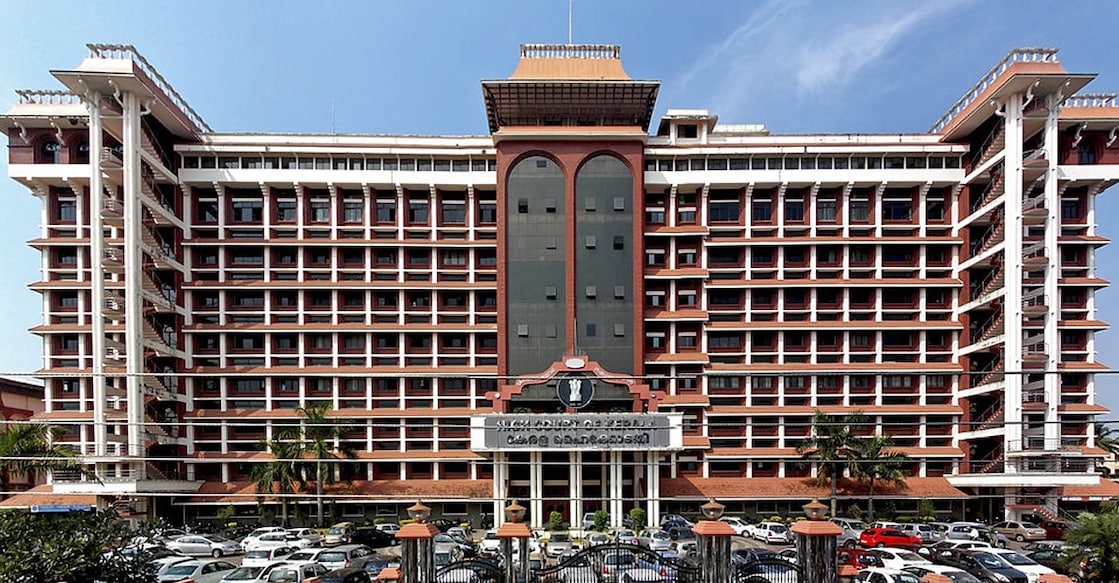Refrain from 'media trial', free speech must not infringe upon Right to Privacy: Kerala HC

Mail This Article
Kochi: The Kerala High Court has ruled that while freedom of speech and expression is a protected right for the press, it must not infringe upon individuals' rights to dignity, reputation, and privacy—especially in reporting on criminal investigations or cases pending in court.
The five-judge bench, including Justices AK Jayasankaran Nambiar, Kauser Edappagath, Mohammed Nias CP, CS Sudha, and Syam Kumar VM, emphasized that "media freedom is not a licence to interfere with the justice delivery system." They clarified that the press cannot act as investigators, prosecutors, or judges, preempting official verdicts before the judicial process is complete.
The bench noted that restricting media reports during criminal trials is permissible to uphold judicial integrity and protect the rights of the accused. In its 69-page judgment, the court stressed that while the press has a right to report truthfully on criminal cases, any reporting that is false, distorted, or unprofessional, and which compromises a fair trial or harms the reputation, dignity, or privacy of involved parties, would fall outside constitutional protection.
The court further asserted that responsibility lies with the media to self-regulate and refrain from "media trials" that could prejudice fair trial rights or violate the privacy and dignity of those involved. Media portrayals that suggest guilt or innocence before a court ruling are, according to the court, "a gross violation of the right of the accused, victim, and witnesses to a fair trial" and constitute interference in the administration of justice.
The high court's decision serves as a guide to the press on the limits of their freedom when covering criminal cases. “Respecting this legal framework,” the bench said, “would foster responsible journalism and help protect individuals' fundamental rights."

